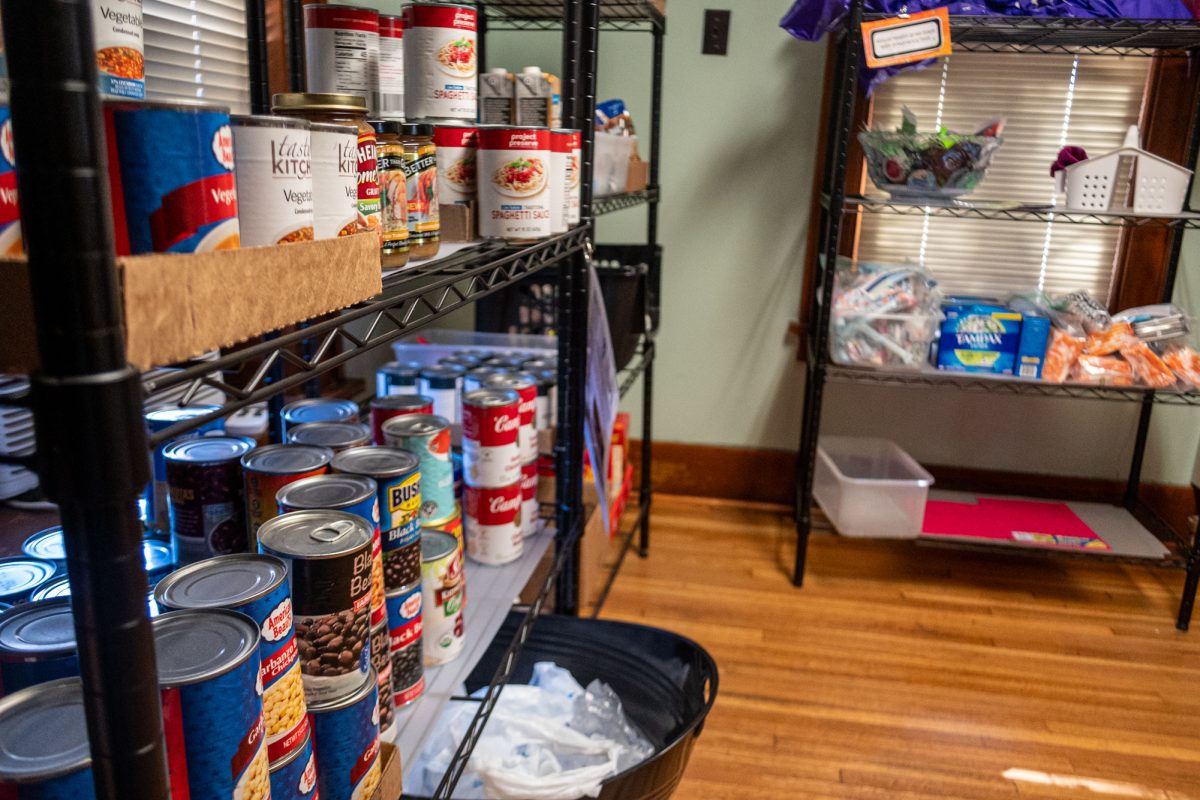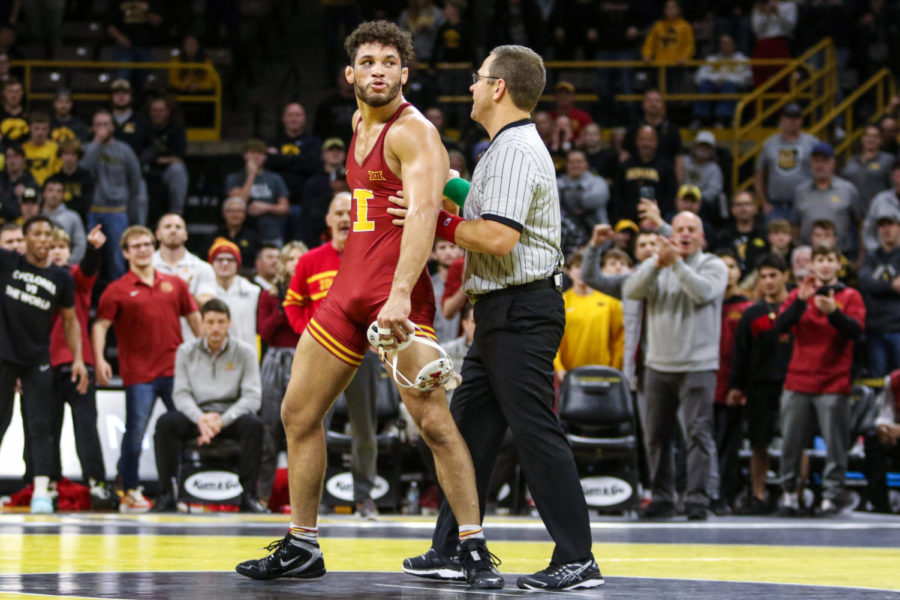EDITORIAL: Nothing’s sure except cigarettes and taxes
February 27, 2004
Iowa’s smokers certainly won’t be celebrating when they learn of Gov. Tom Vilsack’s recent proposal to raise the state’s cigarette tax. Another 60 cents up in smoke with every pack of cigarettes consumed may even be enough of an initiative to encourage some smokers to kick their habit.
From the public health perspective, though, what could possibly be a better reaction? Expensive cigarettes mean teenagers will be less likely to light up, and older adults will be more likely to quit, experts say.
Vilsack’s proposed tax would siphon funds into health care programs that will ultimately care for patients with certain types of cancer, heart disease, emphysema and other ailments correlated with smoking that cost Iowans millions of dollars.
It’s no secret the state of Iowa has tightened its belt in recent years to contend with shrinking budgets.
Tax collections in the lethargic economy have failed to meet lawmakers’ projections. Health care programs, education and numerous state agencies have been sliced and diced, and the possibility of more layoffs hangs over the heads of many state workers.
Iowa’s government leaders face a daunting budget challenge ahead of them this year. Some of the decisions they make won’t be popular. But this one is necessary.
The proposed cigarette tax would raise enough money to curb the state’s recent budget woes and give threatened state programs and agencies room to breathe.
In 2002, Iowa ranked 24th in the nation in terms of cigarette taxes at 36 cents per pack, the tax that still stands. Even with a tax of 96 cents per pack, Iowa still wouldn’t be taxing smokers as aggressively as other states have. Washington state increased its cigarette tax to $1.425 a pack in 2002, leading the nation in tobacco taxes, according to an article in USA Today.
Numerous other states have also implemented higher cigarette taxes to help shrink budget deficits, and Iowa lawmakers would be foolish not to seriously consider this solution.
We admit this proposal isn’t without flaws.
Whenever a cigarette tax is passed, the people hardest hit are the very poor, who are already struggling to make ends meet during a sluggish economy.
However, revenues generated by Vilsack’s proposed cigarette tax would help restore and invigorate programs that are geared toward helping Iowa’s poor, the working class and, yes, even college students.
Giving freehandedly to innovative public service programs has helped make Iowa the best-educated state in the nation and one of the Midwest’s wealthiest.
Surrendering these programs and standards is not necessary when solutions such as an increase in the state cigarette tax is feasible this legislative session.






